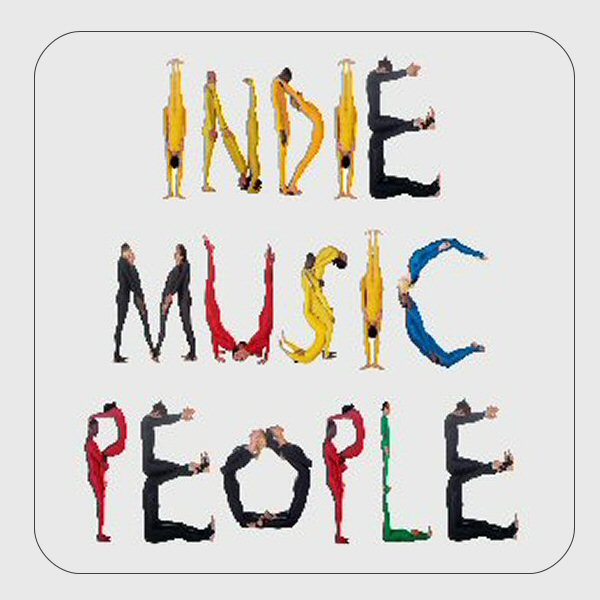
Ron Kaplan
|
1/14/2008 8:37:01 AM
Radio interview with singer Ron Kaplan by Kari Gaffney for new release New York
1. Discuss the evolution of your latest CD, New York?
Once I decided on a theme for the recording, I started to think of all the songs about New York that I knew. I looked through all of my songbooks and did extensive research at the public library. Some of the songs I wanted to record did not have sheet music I could find. I asked many of my friends if they had any of these charts in search of the missing scores, whom all came up empty. It was due to a search of the entire state of California library systems that the Los Angeles public library found some of the sheet music for me. New York is one of the few cities or places that had abundant titles written about it to make an entire recording. There were a number of songs I ferreted through to come up with the 12 I chose. This is really a quintessential New York recording. The only major song I felt I had to choose to leave out is one I previously recorded on my album entitled Dedicated which is perhaps the penultimate New York composition entitled Autumn In New York by Vladimir Dukelsky aka Vernon Duke. Unlike Sinatra, I am opposed to the idea of re-recording material unless it is in a live performance. Walking the streets of New York inspired me to make this recording and in particular, to quote a Harry Warren and Al Dubin lyric from 42nd Street, "In the heart of little old New York there is a thoroughfare. It's the part of little old New York that turns into Time Square. That crazy quilt that Wall Street Jack built. If you have a little time to spare, I'd like to take you there." Which is, what I believe we were able to accomplish with this recording.
2. Talk about your early years in music and how it affected you as an artist.
I have always had an affinity for music since early childhood. Singing is the one thing that comes most naturally to me. I am told that I used to sing into a wooden spoon, pretending it was a microphone at 3 years of age. Growing up in the 1950s there were a lot of singers in popular music, which became part of the jazz standards and Great American Songbook body of work. Unlike today, when there was a good song written, every major artist did their arrangement and version/interpretation of it. It was really the heyday of the genre. I always experience a great deal of joy simply singing. That has never stopped.
3. What recording or recordings initially sparked your interest in jazz, and inspired your desire to perform?
I grew up listening to radio and records that were of that ilk. My father was a trumpet player who played with a mute. I have always loved that sound. Because he listened to and played the music in was in my environment. I still love that muted trumpet sound today. I have always been a performer. I thought I would grow up to be in the movies and on TV like my idols and mentors. After all, I was born in Hollywood California. I was in school plays and musicals, did stand up comedy, studied broadcasting and acting. Eventually learned to play instruments so I could accompany myself as a singer. I put it on the shelf for a dozen years when I started my business outside of music and doing what it took to raise a family. I remembered when I was 41 that if I could have one job in life, it would be to sing. So, I went back to the music I grew up with and loved. I find that the music of the Great American Songbook is the zenith of American Songwriting and holds the greatest opportunity for interpretation of the material as an artist. That is when I made my debut recording High Standards and founded Kapland Records…in jazz we trust. 2007 marks the 10th anniversary of my label, with New York as my anniversary release.
On another note, if I had to choose one instrumental jazz recording to take to the grave, it would have to be Kind of Blue under the leadership of Miles Davis and Bill Evans, with John Coltrane, Cannonball Adderly, Paul Chambers, Jimmy Cobb and Wynton Kelly.
|

|